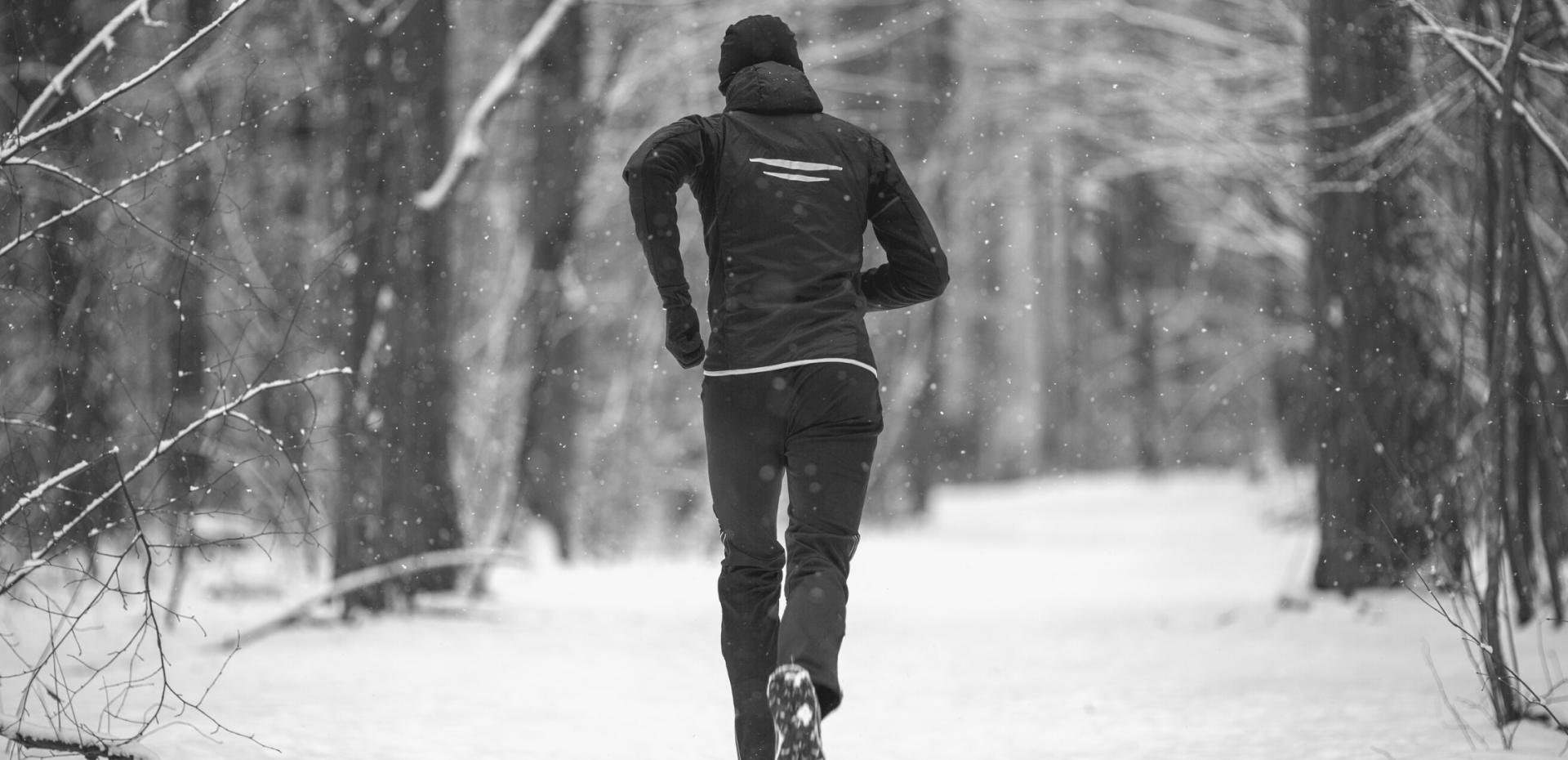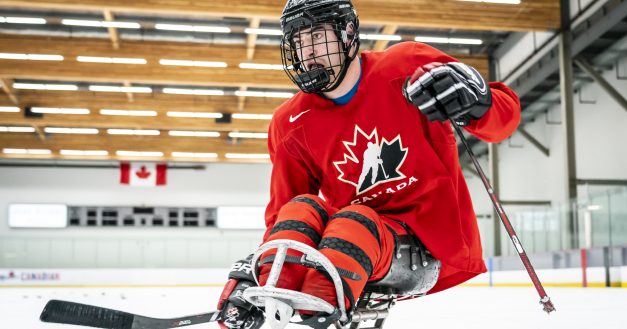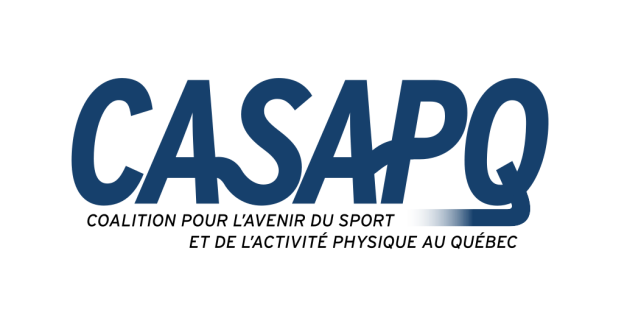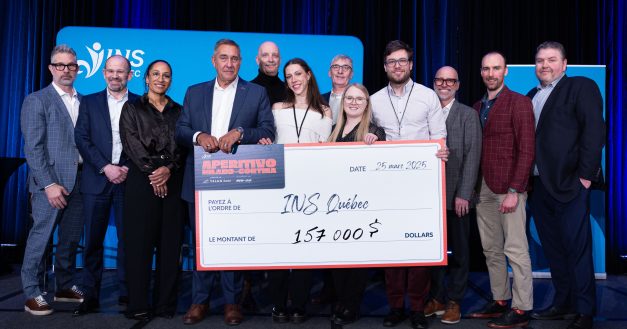The Ripple Effect of the Pandemic: Supporting Athletes With a Holistic Approach

THE RIPPLE EFFECT OF THE PANDEMIC
Supporting Athletes With a Holistic Approach
Article written by Sophie Brassard, Game Plan Advisor, INS Québec/FAEQ and originally published by the Sport Information Resource Centre (original article).
“Athlete career excellence” is a concept from sport psychology concerned with an athlete’s ability to sustain a healthy, successful, and long-lasting career in sport and life. It means the athlete is striving to achieve meaningful goals in sport and life while satisfying basic psychological needs and maintaining health and wellbeing (Stambulova, Ryba & Henriksen, 2020). This concept is complemented by a holistic approach to athlete development that considers the interconnections between different spheres of an athlete’s life (e.g., sport, education/career, family/relationships, finance). According to Friesen and Orlick (2010), a holistic approach is underpinned by three key beliefs:
- The non-sport environment can affect an athlete’s athletic performance.
- Athletic performance is facilitated by developing the core of who the athlete is as a person.
- As human beings, we function along four dimensions (behavior, mind, emotions, and physiology), and a change in one dimension affects the others.
When an athlete finds the balance between the different spheres of life and sport, they have found “the zone.” To be in this zone is to continue to grow as an individual both in and out of sport.
At the best of times, balancing the demands of being a high performance athlete with the rest of one’s life is a meticulous, difficult task that requires time and energy. With the postponement of the 2020 Tokyo Games, the game plan for Olympic and Paralympic team athletes went off the rails – not just in Canada, but around the world.
Game Plan survey
In March 2020, Game Plan – Canada’s total athlete wellness program to support national team athletes to live better and more holistic lives – conducted a survey of national team athletes about the awareness and usage of available Game Plan support resources (e.g., career support, mental health consultations, webinars, networking activities, etc.). Athletes were also asked about the impact of the pandemic and postponement of the Games in other areas of their lives.
Of the 191 athlete respondents, 34% said the postponement changed their retirement plan from sport. Some said they would have to retire earlier than planned, while others chose to push their retirement for another year. At the time of the survey, 11% of athletes were still wondering whether to retire now or go for one more year.
However, an analysis of the 74 comments on this question provides deeper insight into the ripple effects of the pandemic on their retirement, education and employment:
Within the comments, 19% of athletes described feeling like their entire life and retirement plans were delayed by a year or completely out the window. They felt like they had everything figured out – when they would retire, where to move, which job to start…but now they were left in the unknown.
My (training) partner decided to mop out and quit competing. I quit my full time job, moved to a different province to organize our training and partnership. Now at this highest world level, there is no potential partner for me in Canada and I don’t know, if I will be able to compete again.
It’s been difficult to do so, the plan of this being my last season but now feeling of the unknown of when or if there will be competitions.
Athletes often plan to re-engage in educational pursuits the year after the Games, which is often less busy. With the delay of the Games, some athletes have had to refuse or defer admissions to focus on training.
I was supposed to go to law school following the Olympics, I have gotten into law school and have everything prepared to start this fall.
Medical school admissions timelines and procedures have been thrown out the window.
Like many Canadians during the pandemic, some athletes lost their jobs, which can be their main source of income to support training and competition. Some athletes take a year off without pay to prepare for the Games – this year has now turned into two.
I’m in a job that doesn’t suit me and I’m missing opportunities for change, whereas there were plenty of them before this situation began.
Appreciation of time: Seeing the good side of the worst situations
Since any medal has two sides, it is interesting to consider athlete perceptions of the positive impacts of the postponement. Indeed, 18% of athletes who provided comments described taking this time to consider their future, explore their interests, and develop their personal strategies to achieve balance. Wounds were healed, relationships were solidified. Suddenly, in this hectic life, athletes were able to take time for themselves, able to reflect on their life and wellbeing.
It has given me the time to be able to actually sit down and think.
It’s making me realize I need to figure out life after sport.
The time away from sport has allowed me the time, and mental space to explore future career options and create a plan on how to get there based on my interests.
Understanding the athlete’s situation in a holistic manner
Findings from the survey reinforce the fact that all spheres of life are connected – when one sphere is hit, there is a ripple effect on the others that demands attention. Athlete experiences of stress, anxiety, feelings of powerlessness, sadness, and strange feelings of relief aren’t only attributed to the impacts of the pandemic on their training and competition – they are also connected to the impacts on other spheres of their lives.
When intervening or supporting athletes, regardless of our role, it is important to have a global vision of the situation they are in. Whether change is causes by the ongoing impacts of the pandemic, moving to a different province or territory, an injury, the death of a friend or family member, or the end of a relationship, we need to approach the situation in a holistic manner. For athletes to regain their zone, they must evaluate the impact across the spheres of their life, one by one. This can be destabilizing and exhausting. It is in these moments that assistance programs such as Game Plan become essential for athlete wellbeing. By working together, by helping each other, by rebalancing the spheres to adapt to the new reality, Canadian athletes will be able to find harmony and wellbeing. It is work that may seem laborious, but it is possible and worth it. Redefining and assessing balance is not a destination, but a continuous journey that supports success in sport and life. And remember, you are not alone in this journey. Don’t hesitate to reach out and make good use of all the resources available.
Sophie Brassard
Game Plan Advisor, INS Québec/FAEQ

About the author
Sophie Brassard is a Game Plan Advisor with INS Québec. She is also a registered career guidance counsellor who works for the Foundation for Athletic Excellence, helping student-athletes manage their dual career. Sophie has been working with athletes from a variety of Olympic, Paralympic and varsity sports since 2011.
About Game Plan
Game Plan, powered by Deloitte, is Canada’s total athlete wellness program that strives to support national team athletes to live better and more holistic lives. Game Plan is a collaboration between the Canadian Olympic Committee (COC), Canadian Paralympic Committee (CPC), Sport Canada and Canadian Olympic and Paralympic Sport Institute Network (COPSIN).
References
Friesen, A. C. et Orlick, T. (2010). A qualitative analysis of holistic sport psychology consultants’ professional philosophies. The Sport Psychologist, 24, 227-244.
Stambulova, N. B., Ryba, T. V., & Henriksen, K. (2020). Career development and transitions of athletes : The International Society of Sport Psychology Position Stand Revisited. International Journal of Sport and Exercise Psychology, 1‑27. doi.org/10.1080/1612197X.2020.1737836


